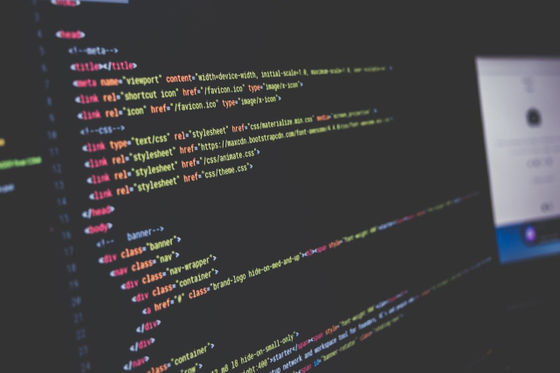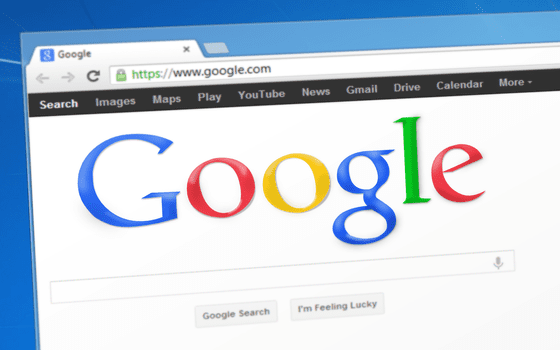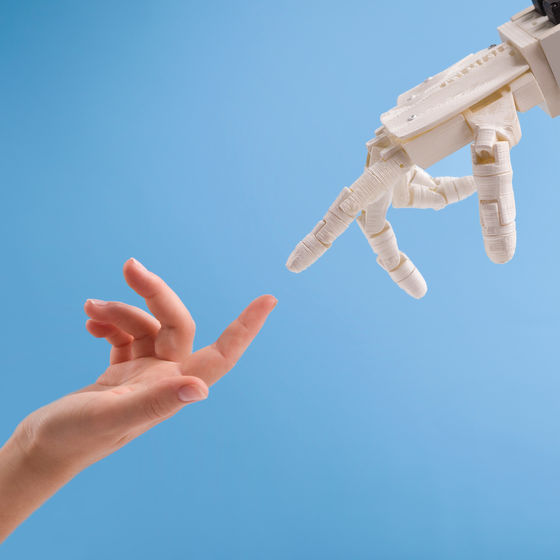Experts explain 'what is an algorithm?' In an easy-to-understand manner

Even if you know the word '
What is an algorithm?
https://mashable.com/article/what-is-an-algorithm/
Professor Pedro Domingos, a professor of computer science at the University of Washington, told Mashable about the algorithm in six parts:
◆ 1: An algorithm is a 'series of instructions'
According to Professor Domingos, the definition of an algorithm is 'a series of instructions'. In a broad sense, 'how to find 2 + 2', 'how to bake a cake', 'how to run a country according to the Constitution' are all algorithms, but in general, 'a series of commands that tell a PC what to do'. 'It has been with.
Regarding algorithms in computer science, which is his specialty, Professor Domingos said, 'PC algorithms are very complicated. Additions are also defined by a few lines of text, but PC algorithms sometimes have millions of lines. It can reach. '

◆ 2: Human beings have written algorithms long before the appearance of the PC.
As mentioned above, it is an algorithm used in the context of the PC in modern times, but its history is much older than the PC, and it can be traced back to the calculations that manage the early agrarian society in ancient
Regarding the fact that algorithms existed before the invention of the PC, Professor Domingos said, 'You don't need a PC to run an algorithm, because an algorithm can be run by a human.'
With the advent of the PC in the mid-20th century, algorithms began to draw attention in applications such as salary calculations and weather prediction calculations, starting with the introduction of the PC in calculations for the military to fire while moving. I did. The turning point for such modern algorithms was the advent of Google.
It was founded Google Larry Page and Mr. Sergey Brin said the search engine page rank has incorporated an algorithm that. This PageRank is epoch-making in that it can evaluate not only the relevance of the search word and the site but also the reputation of the article that can be seen from how much the site is linked. did.

◆ 3: Algorithms exist everywhere in modern times
With the spread of PCs and the Internet, algorithms have become ubiquitous in our lives. For example, Facebook news feeds that are customized for individuals and the mechanism by which Amazon recommends products to users are also based on algorithms.
Also, according to Professor Domingos, there are so many things to do, such as when the dishwasher goes from washing mode to drying mode, calculating fuel consumption and supply by cars, and how digital animated films can recreate the shadows of people in real life. Is based on the algorithm.
“When we use PCs and the Internet, there are definitely algorithms involved. Nowadays, we are involved in algorithms in everything,” said Professor Domingos.

◆ 4: Algorithms and machine learning
Algorithms that have been transformed by technological advances are undergoing new changes with the advent of machine learning , a type of artificial intelligence (AI) . The algorithm for giving instructions to the PC is written in great detail by the programmer. If you compare this to a cooking recipe, it's like defining what an onion is, then chopping the onion and frying it one by one.
However, if you are accustomed to cooking, you can think for yourself and fry the onions just by looking at the recipe that says 'light-colored onions'. Similarly, training with machine learning allows PCs to develop their own algorithms to achieve their goals.
Professor Domingos said, 'PCs will learn to program themselves instead of being programmed by humans. This is very powerful because it requires very little human intervention and is a very complex algorithm. Because it can generate. '

◆ 5: The algorithm is never perfect
People who are not familiar with PCs tend to think that 'algorithms are perfect', but Professor Domingos points out that 'algorithms may have human-like flaws.'
One of the major factors is 'prejudice'. Unlike humans, it is easy to think that algorithms using machine learning are not biased, but the opposite is true, and if the data used for learning contains bias , the bias becomes even stronger. It is said that it will end up.
For example, the US healthcare system does not contain racial information, but the bias in the medical cost data that the system referenced makes it impossible to eliminate racial bias as a result. The problem was that racial discrimination had occurred.
Difficult to remove racial bias of algorithms built into healthcare systems-GIGAZINE

◆ 6: Algorithms still have the power to change the world
'Everything we take for granted, such as the Internet and social media, wouldn't have existed without algorithms,' said Professor Domingos. He said that algorithms have the power to change the world, even if they are not perfect.
On top of that, Professor Domingos said, 'Modern algorithms are trying to do what the Industrial Revolution once did in handicrafts with brain labor. That is, algorithms are automation of intelligence. And algorithms are fair. It's up to us to be biased or biased, beneficial or harmful, 'concludes the algorithm's description.
Related Posts:
in Software, Posted by log1l_ks







